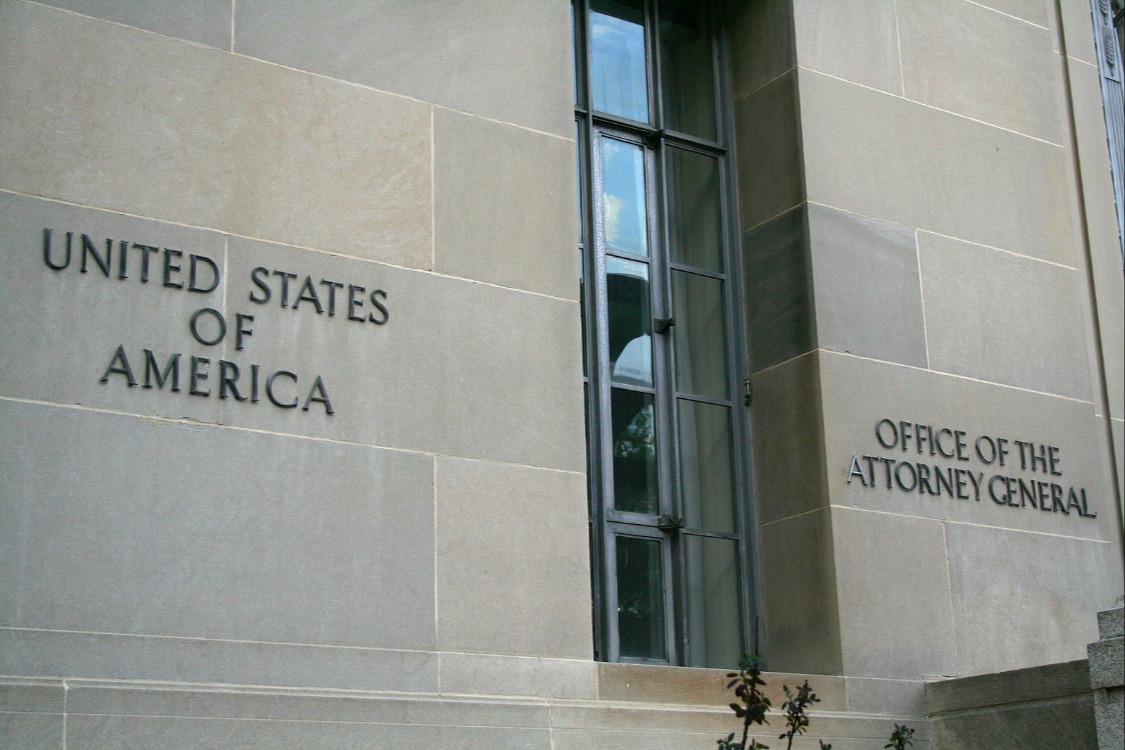The Lawfare Podcast: Elsa Kania on China’s Quantum Quest
If you ask scientists what is most likely to kick off the next great wave of technological change, a good number will answer “quantum mechanics”—a field whose physics Albert Einstein once described as “spooky,” but whose potential, once tapped, could unleash exponentially faster computer processes, unbreakable cryptography, and new frontiers in surveillance technology.
Published by The Lawfare Institute
in Cooperation With

If you ask scientists what is most likely to kick off the next great wave of technological change, a good number will answer “quantum mechanics”—a field whose physics Albert Einstein once described as “spooky,” but whose potential, once tapped, could unleash exponentially faster computer processes, unbreakable cryptography, and new frontiers in surveillance technology.
No one understands this better than the People’s Republic of China, who over the last several years has built up an aggressive state-driven campaign to accelerate the development of quantum technology—a set of policies intended to put it at the very front of the pack of the next technological revolution, and all the competitive advantages it is likely to bring.
To discuss this development, what it may mean for the future, and how the United States should respond, Scott R. Anderson sat down with Elsa Kania, an adjunct fellow with the Center for a New American Security and the co-author of a new report on China’s efforts to achieve “Quantum Hegemony.”





